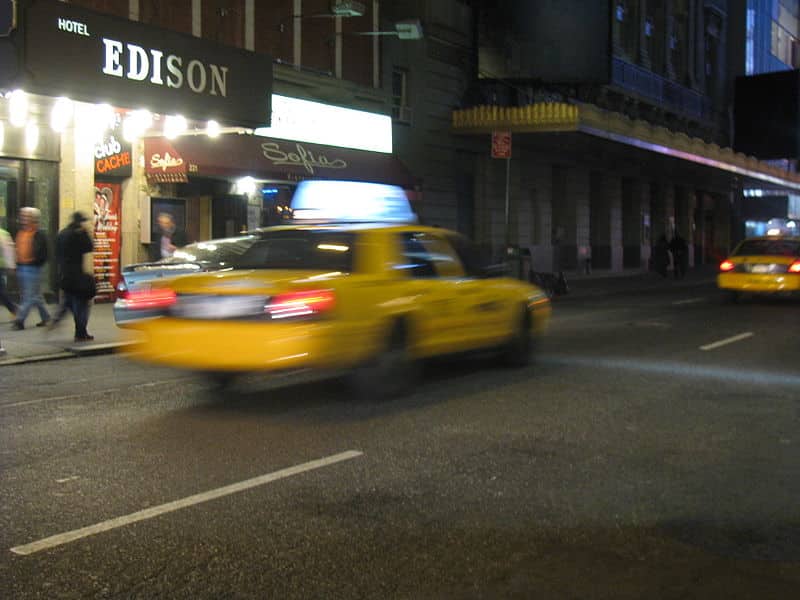
The traditional press is full of articles regarding the legal procedures against Uber in Europe. In this judiciary fight, traditional taxis and VTC (Vehicule de Tourisme avec Chauffeur) have joined forces to fight Uber’s aggressive strategy to enter the market despite legal requirements (for more information read our previous article on this topic). Brussels minister for mobility was proud to announce that he had seized vehicles participating in the UberPop program (article in French). This is a great way to show authorities refuse to hear the voice of the customer, calling for better taxi services and cheaper prices (see our benchmark on taxi fares in Europe).
Market conditions are changing in France
Yet, something seems to be happening in France where the G7 taxi companies, the biggest one on the Parisian market, is announcing some radical measures to increase customer satisfaction. Faced with the competition of VTC, the selling proposition of which is based on service quality, G7 had to engage in a project to adapt to these new market conditions. The value proposition of VTC is indeed so appealing to customers, who are fed up with unsatisfactory service (impolite drivers, dirty cabs, …), that they are massively switching.
Le Figaro explains in an article (see here article in French) that G7 encourages taxi drivers to wear a suit and a tie, to clean up their vehicle, gives incentives to purchase a more comfortable and more recent cab. Drivers seem to find this normal; for those who don’t however, the sanction is terrible. G7 refuses them the access to their booking system.
What about Belgium and Brussels in particular ?
We fear that the situation in Brussels is not about to change. Authorities show too a strong support to traditional taxi drivers and give the impression that they want to stop any natural market evolution (and the sharing economy). In doing that, they refuse to take consumers’ viewpoint into account. In the heart of Europe, inhabitants of Brussels constantly hear complaints from visitors on how impolite Brussels taxi drivers are, disrespectful of laws, how they refuse bankcard to be paid, how dirty the vehicles are, and so forth …
Are customers doomed to be unsatisfied forever ?
Eventually customers will win their fight for more satisfaction. An alternative has emerged that has shown to people that an improvement is possible and that the monopolistic situation we’ve known for years is about to break up. Under the pressure of customers, traditional taxi drivers will have to learn the basics of customer satisfaction if they want to survive. If they don’t they’ll simply won’t get any customers.
Posted in Marketing, Strategy.

